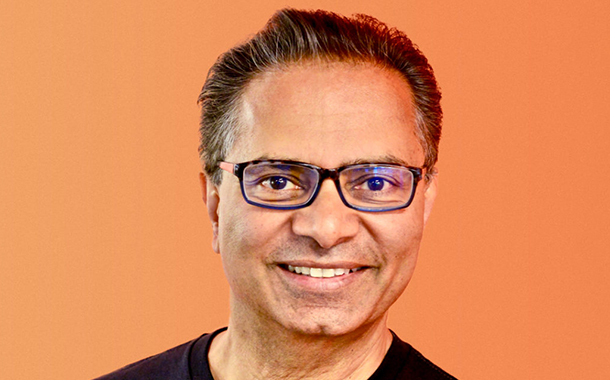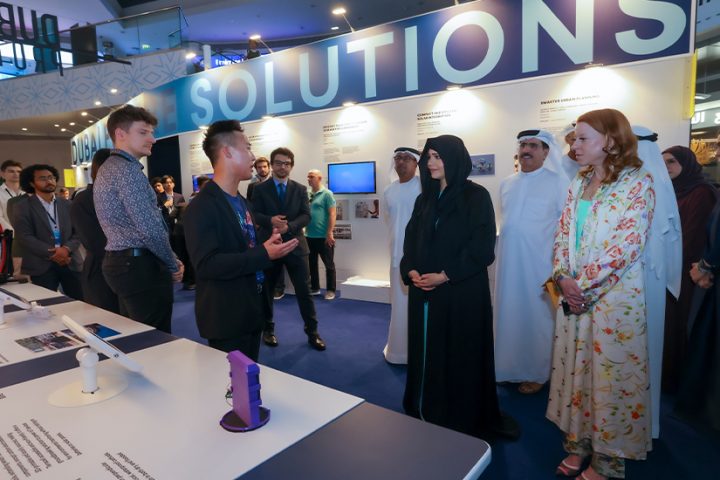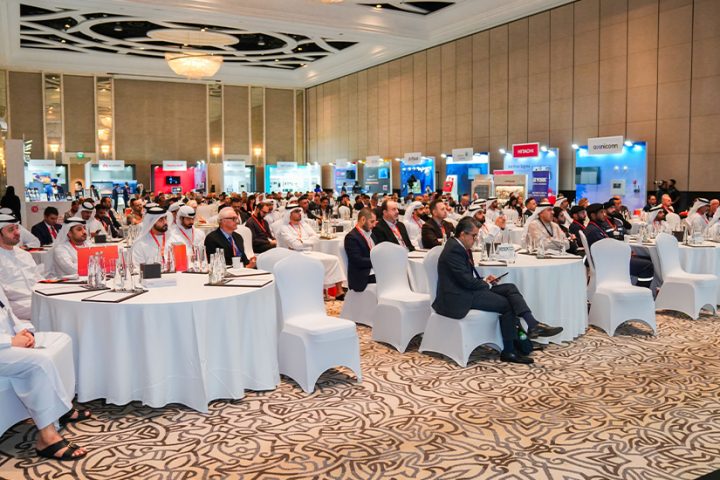Open source software and Linux platforms will gain in importance in the car. A central Linux operating system that has all the necessary safety-relevant certifications can be a central component of the modern vehicle. A key point here is that the traditionally discrete computing systems in vehicles are becoming increasingly integrated. This means that the various workloads are being consolidated, with edge systems replacing embedded systems. The ideas driving this change come from the open source sector.
The question is: Will Linux-based operating systems also be part of this future, especially with regard to existing standards for functional safety? The answer is clearly yes, as many initiatives and developments are already moving in this direction.
Vehicles are increasingly becoming mobile data centres
Vehicles are increasingly becoming mobile data centres with advanced driver assistance and infotainment systems. Development is also moving in the direction of highly automated and autonomous driving. In these changes, the underlying operating system plays a fundamental role in the emerging software stack.
Current automotive software is based on proprietary, functionally limited and rather slow components that minimise potential risks and errors. These solution approaches no longer meet the new requirements. This includes vehicle systems that offer real-time data processing and high computing power. This is the only way OEMs can meet new challenges in terms of connectivity, mobility as a service, or automated and autonomous driving.
Development is moving in the direction of highly automated and autonomous driving
The alternative to previous concepts is a Linux operating system certified for functional safety and specially designed for the automotive sector. It brings more flexibility to the automotive software ecosystem and enables vehicle manufacturers and their partners to focus on innovative applications, services and functionalities around the car of the future.
A Linux-based operating system in the vehicle must meet the following requirements in particular: workload orchestration, secure process isolation, regular updating and certification for functional safety.
The ELISA Enabling Linux in Safety Applications project addresses the challenges around the development and certification of safety-critical applications and systems.
This involves defining processes, tools and components that can be integrated into Linux-based, safety-critical systems in order to obtain safety certification. A central focus is also on software solutions for use in the automotive sector.
The ISO 26262 standard relates to the functional safety of a system with electrical and electronic components in motor vehicles. An implementation of the standard is relevant, for example, for electronic control units ECUs. Complex systems such as Linux, however, are not covered by the standard so far. This includes open source applications such as a Linux operating system.
Modern cars offer customers a completely new driving experience, from the in-vehicle safety and infotainment systems to the operation of the vehicle itself. This development does not change the high requirements in terms of reliability and functional safety.
Such criteria have always been of critical importance to Red Hat. After all, the company provides solutions such as Red Hat Enterprise Linux for security-critical workloads. The solutions already support a wide range of critical applications: from hospital information systems to global financial networks. The company’s stated goal is now to bring its expertise and the capabilities of its enterprise Linux platform to the automotive industry in the form of the first Linux-based, end-to-end certified operating system for automobiles.



















